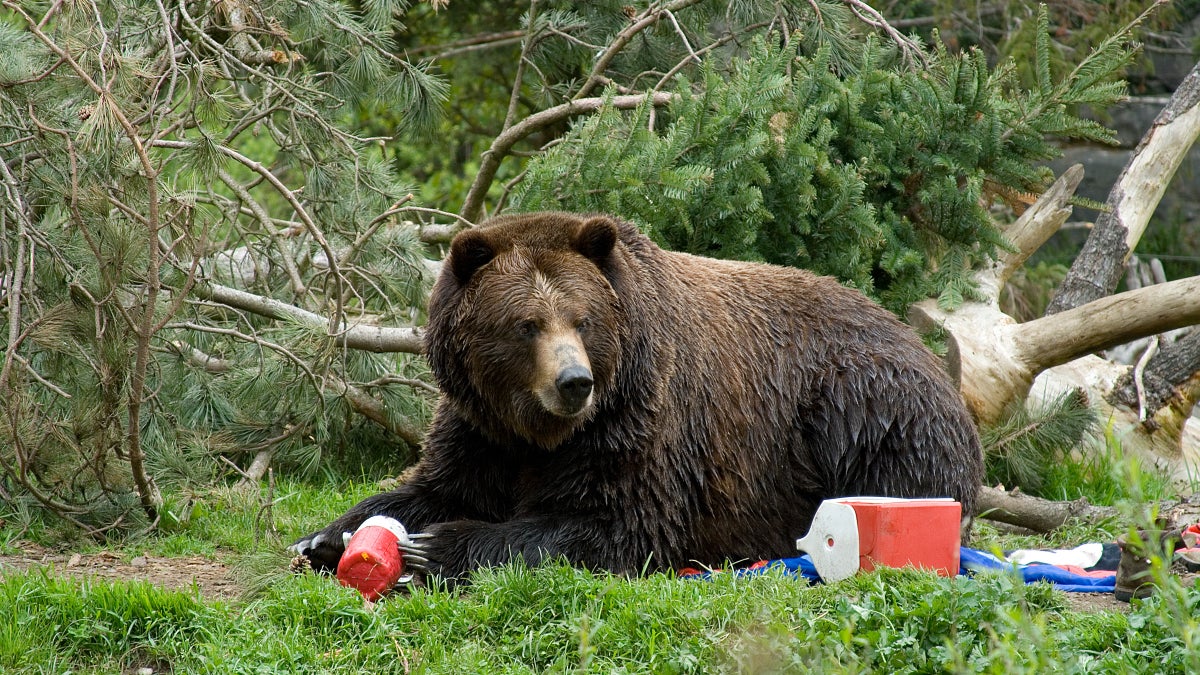Core Concepts
The author shares practical strategies and tips to safeguard camp food from animals, emphasizing the importance of understanding local wildlife and utilizing appropriate tools for deterrence.
Abstract
As a seasoned outdoor guide, the author provides valuable insights on protecting camp food from animals. Strategies include knowing local wildlife, tying up food in trees, using bear canisters when backpacking, opting for bear-proof coolers during car camping, carrying bear spray, and avoiding leaving crumbs around. These methods aim to ensure both camper safety and prevent wildlife habituation to human food.
Customize Summary
Rewrite with AI
Generate Citations
Translate Source
To Another Language
Generate MindMap
from source content
Visit Source
www.outsideonline.com
6 Ways to Keep Bears Away from Camp
Stats
"Two professors...found that the spray stopped bears 93 percent of the time."
"Only 2 percent of people who used bear spray were attacked..."
"Counter Assault makes an effective and popular spray."
Quotes
"Scientific research proved that bear spray is the best way to keep hell-bent bears from plowing into your campsite."
Key Insights Distilled From
by Joe Jackson at www.outsideonline.com 03-23-2017
https://www.outsideonline.com/outdoor-gear/camping/6-ways-keep-animals-raiding-your-camp-food/
Deeper Inquiries
How can campers balance enjoying nature with minimizing their impact on local wildlife?
Campers can balance enjoying nature with minimizing their impact on local wildlife by following Leave No Trace principles. This includes properly disposing of waste, respecting wildlife by observing from a distance, and avoiding feeding animals. Additionally, campers should educate themselves about the specific wildlife in the area they are visiting to understand how their actions may affect them. By being mindful of their surroundings and practicing responsible outdoor ethics, campers can enjoy nature while ensuring minimal disruption to local wildlife habitats.
What are potential drawbacks or limitations of relying on bear-proof gear for food protection?
While bear-proof gear such as bear canisters or bear-proof coolers are effective in deterring bears from accessing food, there are some drawbacks and limitations to consider. One limitation is the weight of these items, especially when backpacking long distances where every ounce matters. Bear-proof gear can also be expensive, making it inaccessible to some campers. Additionally, there is always a small possibility that bears may still be able to access the food if not properly secured or if the gear malfunctions. Campers should also remember that while these measures protect against bears, they may not necessarily deter other smaller animals like rodents or birds.
How does human behavior influence animal interactions in outdoor environments?
Human behavior plays a significant role in animal interactions in outdoor environments. Improperly storing food or leaving scraps around campsites can attract wildlife looking for an easy meal, leading to habituation and potentially dangerous encounters between humans and animals. Feeding wild animals disrupts their natural foraging behaviors and can make them reliant on human food sources which is harmful both for the animals' health and safety as well as for humans who may encounter aggressive animals expecting handouts.
By practicing responsible camping habits such as proper food storage techniques mentioned earlier along with maintaining a safe distance from wildlife and refraining from feeding them intentionally or unintentionally through littering habits will help maintain healthy boundaries between humans and wild creatures while preserving ecosystems' integrity
0
